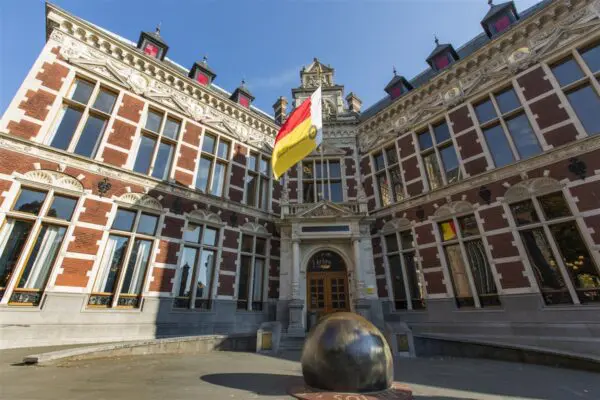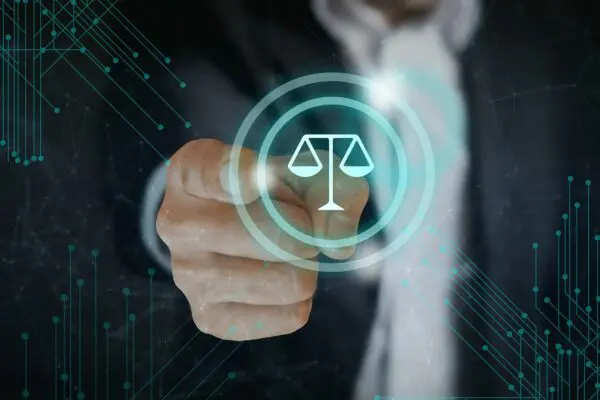
Utrecht, Netherlands
Internationalization in a Fragmented World
When:
18 August - 22 August 2025
Credits:
3 EC
Read more
Law & Economics Summer Course
When:
07 July - 11 July 2025
School:
Institution:
Utrecht Summer School
City:
Country:
Language:
English
Credits:
1.5 EC
Fee:
750 EUR

Artificial Intelligence (AI) can be defined as the field of computer science focused on creating systems that perform tasks typically requiring human intelligence, such as language understanding, learning from experience, and problem-solving.
John Hopfield and Geoffrey Hinton have received at October 8th 2024 the Nobel Price in Physics for their fundamental discoveries in machine learning, which are essential for how Artificial Intelligence (AI) is used today.
AI has become widespread in applications like car navigation systems, digital translation tools, smart farming, social media, healthcare, personalized recommendations (e.g. Spotify, Amazon and Netflix) and for targeted advertisements in Google.
The recent big breakthrough in Generative AI, such as ChatGPT (introduced in November 2022), has revolutionized the way we interact with technology. These systems can create content – text, images, audio and even software code – on demand, transforming industries and the way we live and work.
While AI brings many advantages – such as reducing human error, availability at all times, avoiding repetitive jobs for humans, cost savings, and the ability to process complex data – it also raises significant concerns.
These concerns include ethical issues, privacy risks, biases in data, potential violation of image rights and copyright protected works through text and data mining, and potential misuse by unethical actors and hostile states for hacking and misleading the public. Most importantly, experts like Geoffrey Hilton, often referred to as ‘the Godfather of AI”, have raised alarms about the risks of AI surpassing human control.
To address these challenges, the European Union introduced the AI Act, which came into force on August 1st, 2024.
According to the European Commission this Act aims to provide “developers and deployers with clear requirements and obligations regarding specific uses of AI while reducing administrative and financial burdens for businesses.”
In this Course, we will explore what AI is, which impact it will have on (corporate) governance, the M&A practice, jobs and the legal profession (by a lecture and a workshop) and we will answer the question whether the AI Act, together with existing legislation on privacy and copyright, is sufficient to safeguard against risks of AI and what further measures or exceptions may be necessary.
Dr. Wilco J. Oostwouder
Fee
750 EUR, Student fee
Fee
200 EUR, Housing fee (optional)
When:
07 July - 11 July 2025
School:
Institution:
Utrecht Summer School
Language:
English
Credits:
1.5 EC

Utrecht, Netherlands
When:
18 August - 22 August 2025
Credits:
3 EC
Read more

Amsterdam, Netherlands
When:
21 July - 25 July 2025
Credits:
3 EC
Read more

Amsterdam, Netherlands
When:
14 July - 18 July 2025
Credits:
3 EC
Read more